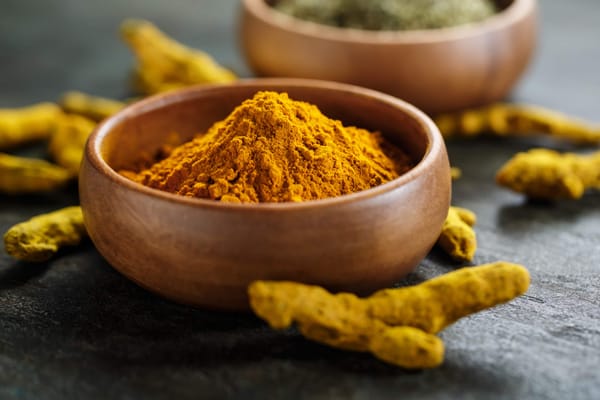
Nutrition
After gallbladder removal: practical tools & resources
A simple, practical list of meal-planning tools and optional items mentioned in our gallbladder removal article (product examples are in the members area).

Nutrition
A simple, practical list of meal-planning tools and optional items mentioned in our gallbladder removal article (product examples are in the members area).

Nutrition
Members-only product examples for stress and cortisol-related supplements, with a quick safety checklist (affiliate links).

Nutrition
If you want a snack that you can enjoy without worrying about its harmful components, you will surely love Kuli Kuli!

Recipes
A simple, reliable indonesian coral reef fish curry you can make at home.

Recipes
Learn how to make Rum Berry Cocktail Toast with a Burst of Flavor with step-by-step instructions, tips, and serving ideas.

Nutrition
The prostate is a key component of a man’s reproductive system

Nutrition
From itching to irritation, eczema flare-ups can be uncomfortable and make skin unappealing
Expert nutrition advice, functional wellness tips, and healthy home cooking recipes. Specializing in Blood Type, Carnivore, and autoimmune-friendly diets.

Lipedema is a chronic condition that mainly affects women, causing abnormal fat accumulation and swelling, particularly in the lower body

General diet tips for Strong nails This is general info—follow your clinician’s advice

General diet tips for Sunburn This is general info—follow your clinician’s advice

General diet tips for Strawberry legs This is general info—follow your clinician’s advice

A simple, reliable sun tea super brew you can make at home.

General diet tips for Poison ivy This is general info—follow your clinician’s advice

General diet tips for Acid reflux This is general info—follow your clinician’s advice

General diet tips for Mediterranean diet for beginners This is general info—follow your clinician’s advice

General diet tips for Technologies to lower cortisol and improve sleep This is general info—follow your clinician’s advice

A safety-first guide to common supplements people ask about for stress and cortisol, including what the evidence can and can’t say, plus practical cautions.

If you struggle with unexplained allergies, skin issues, or digestive discomfort, a histamine intolerance might be the hidden cause

General diet tips for Boost testosterone naturally This is general info—follow your clinician’s advice

Unlock audio, member-only guides, and 1–2 emails/week.
One email → one tap → you’re in.
Magic link • No password • No credit card
Already a member? Sign in
New here? Sign up free